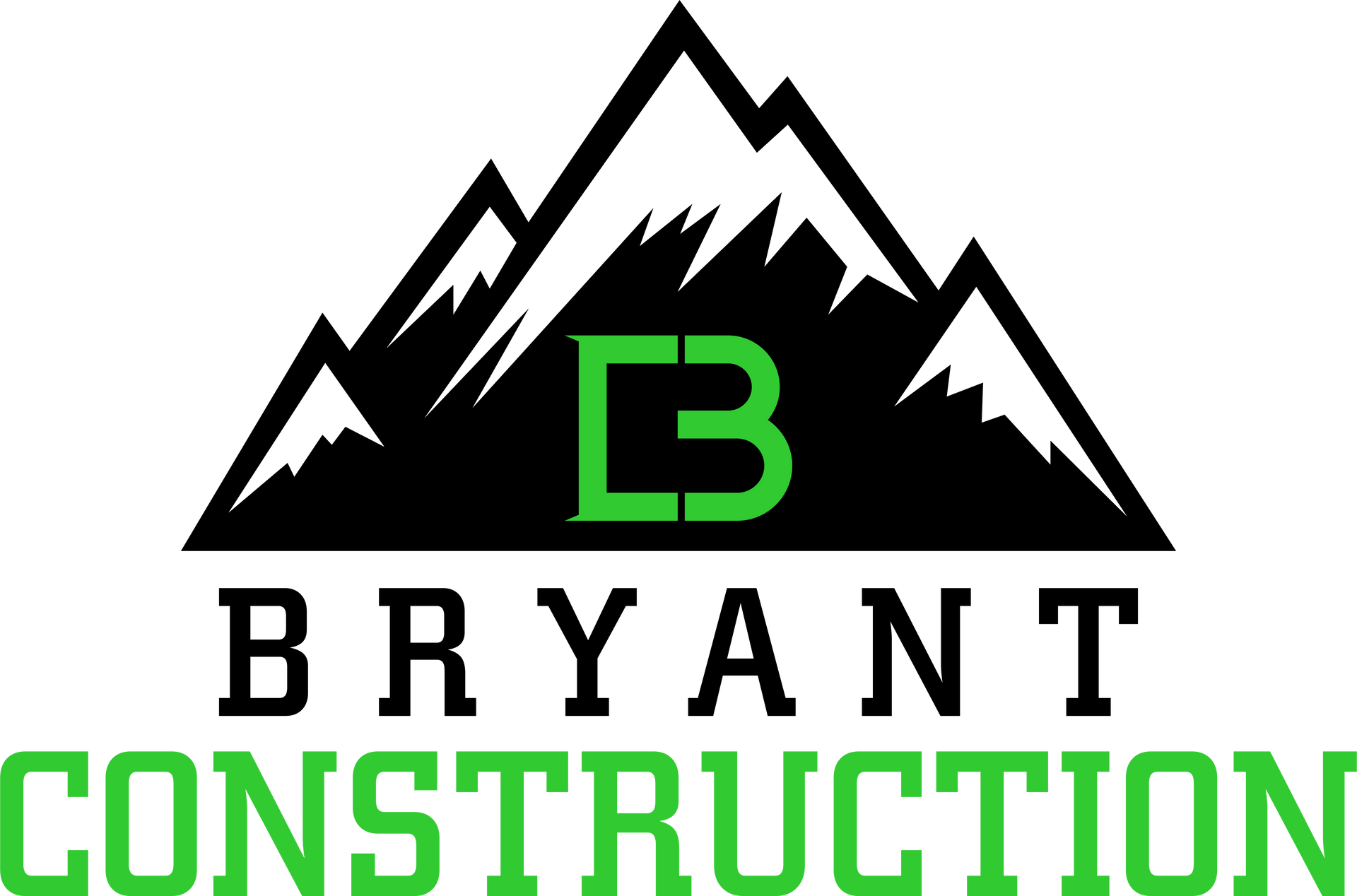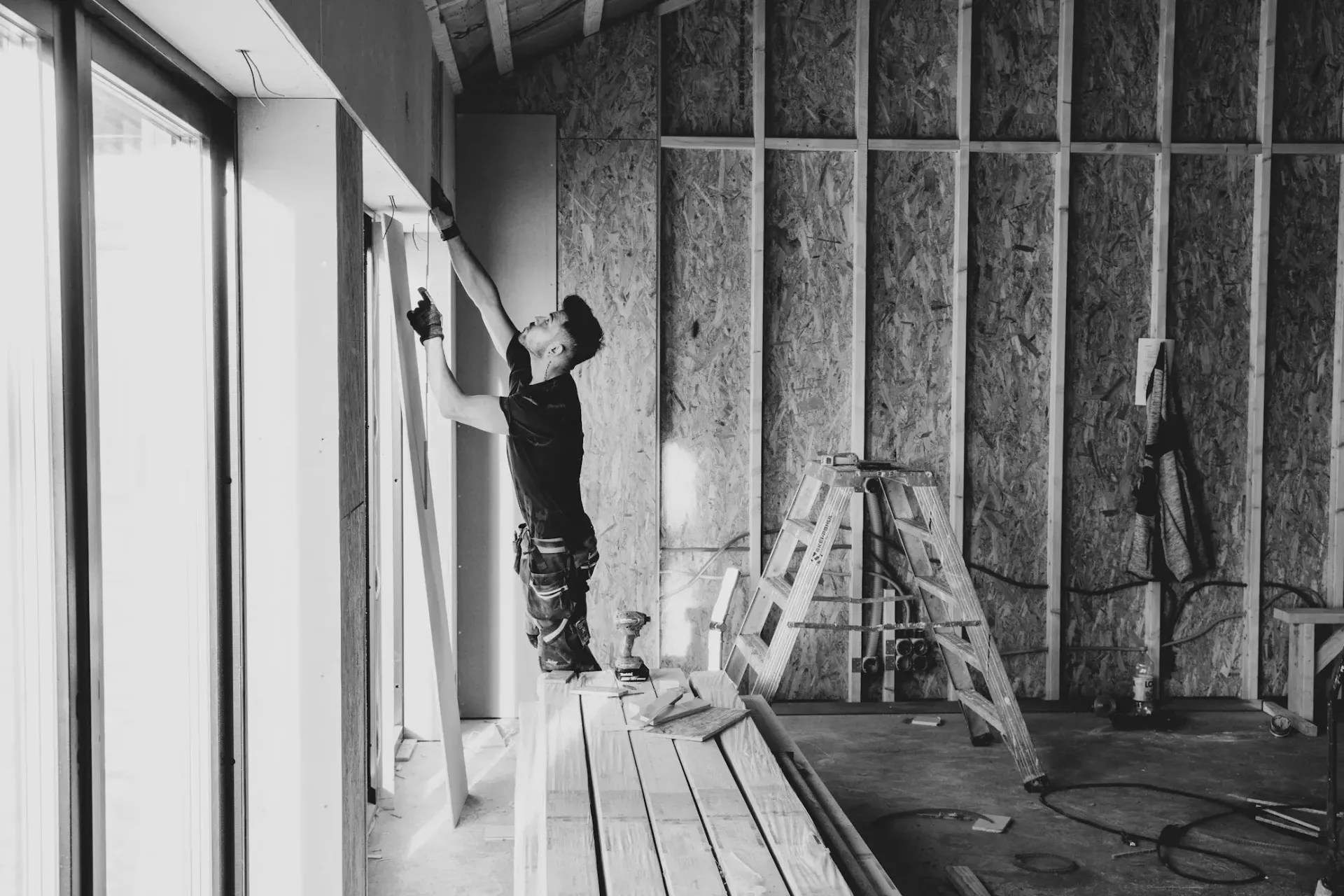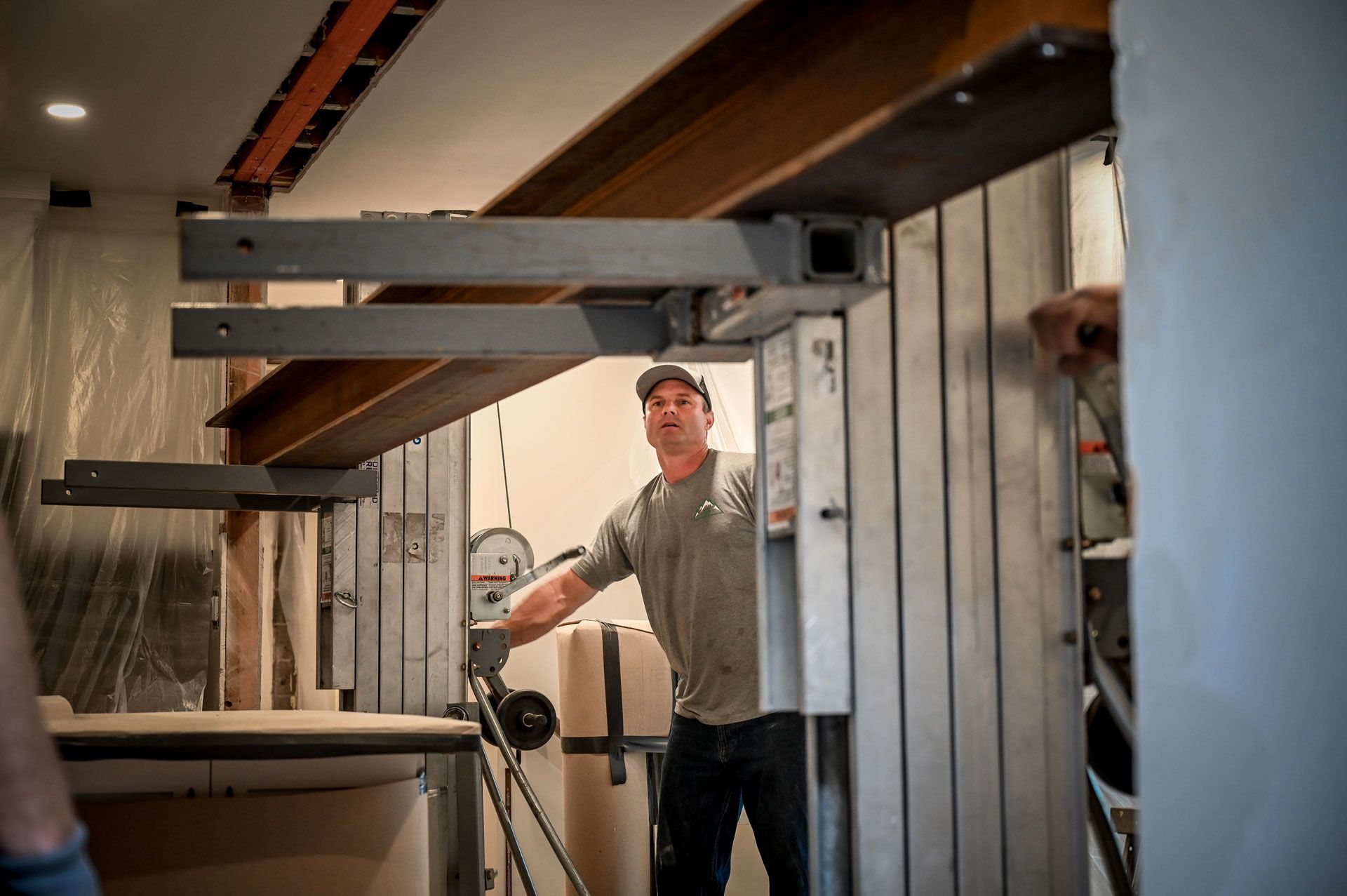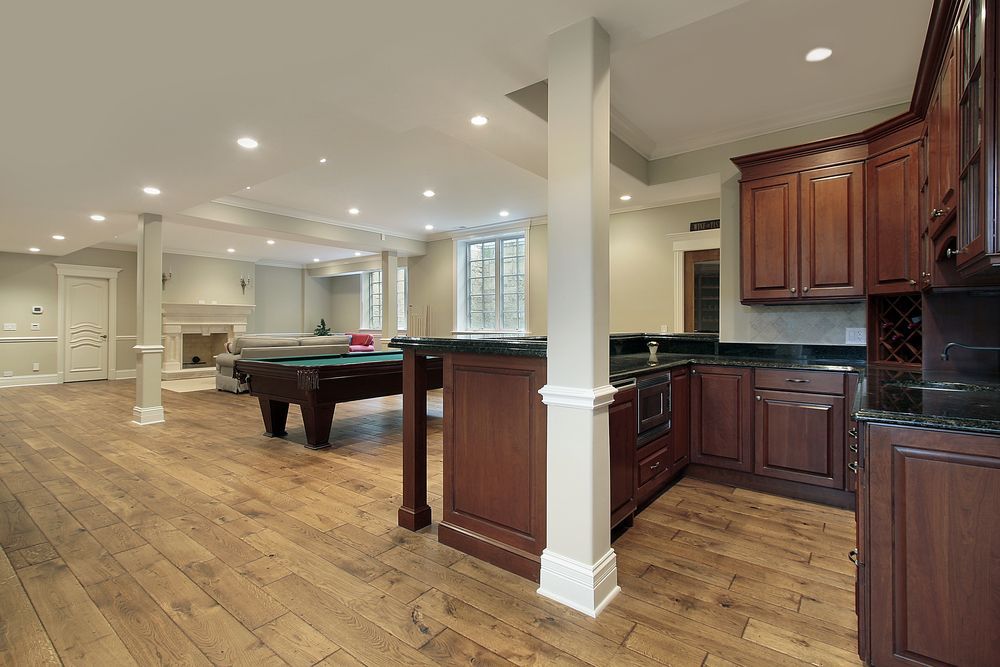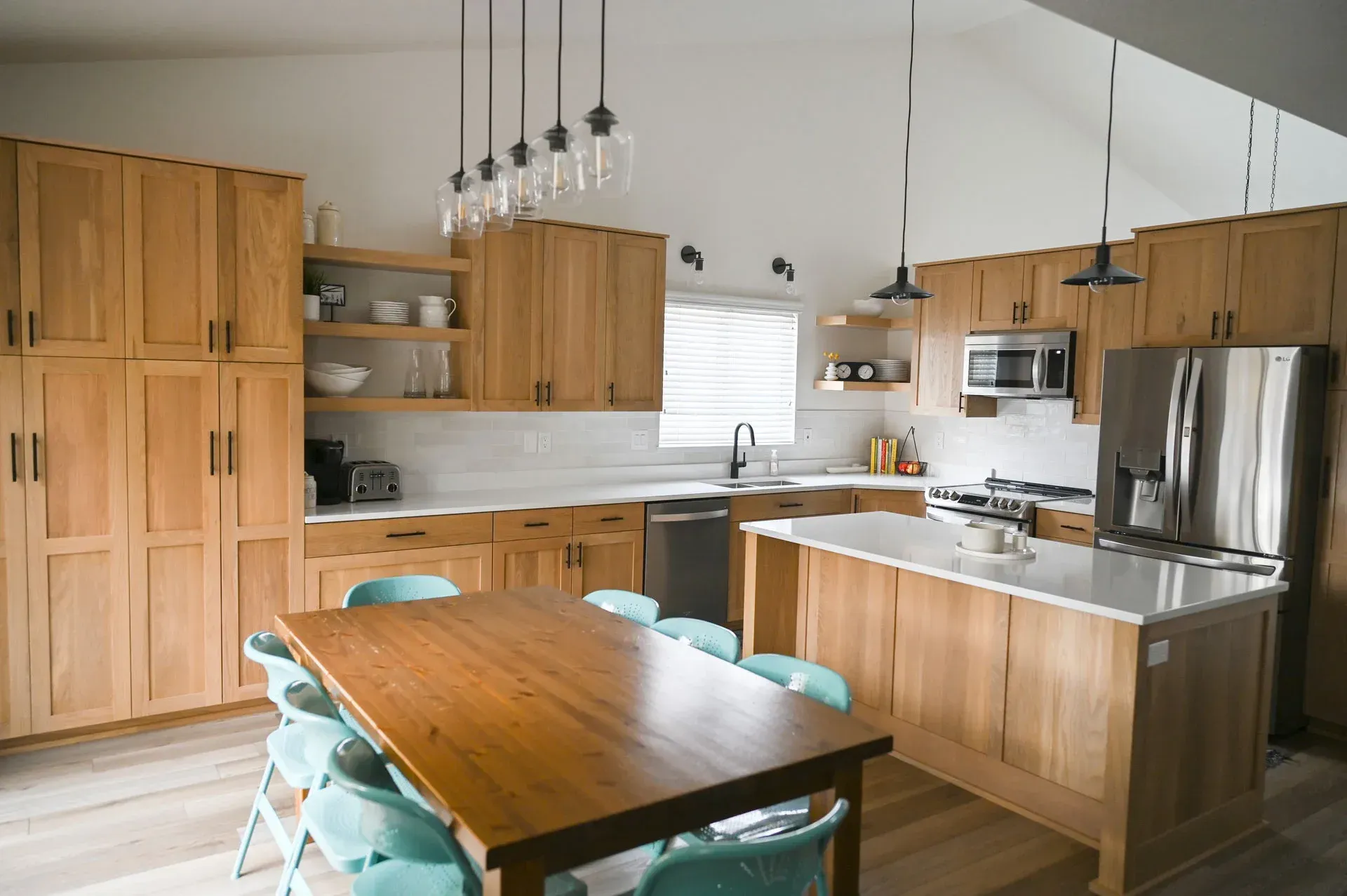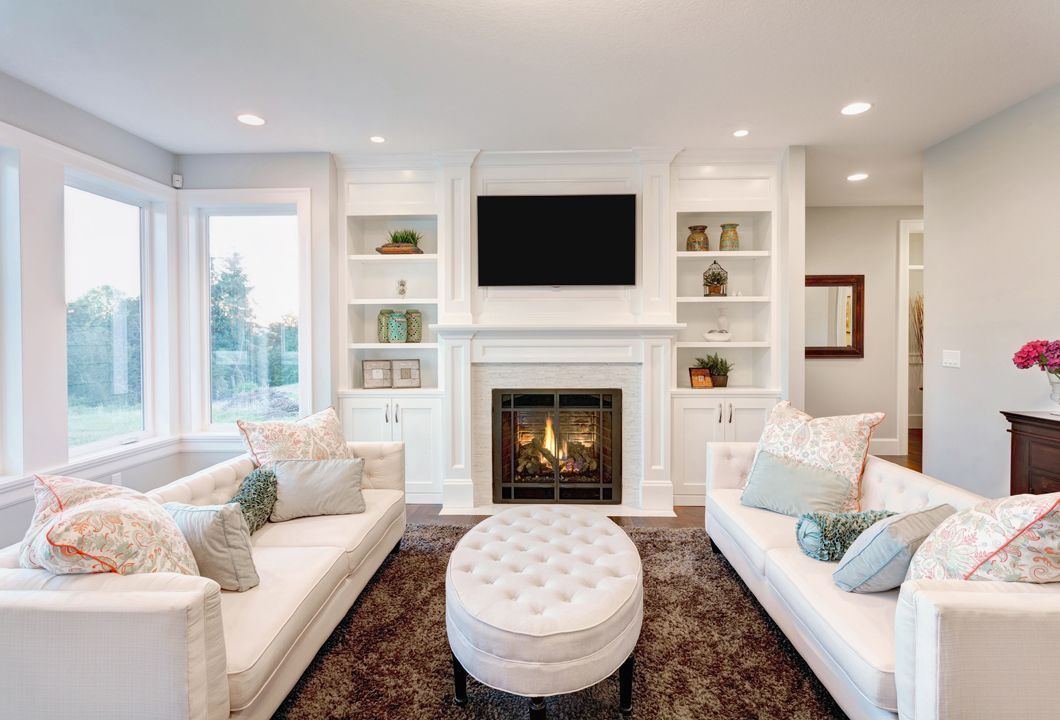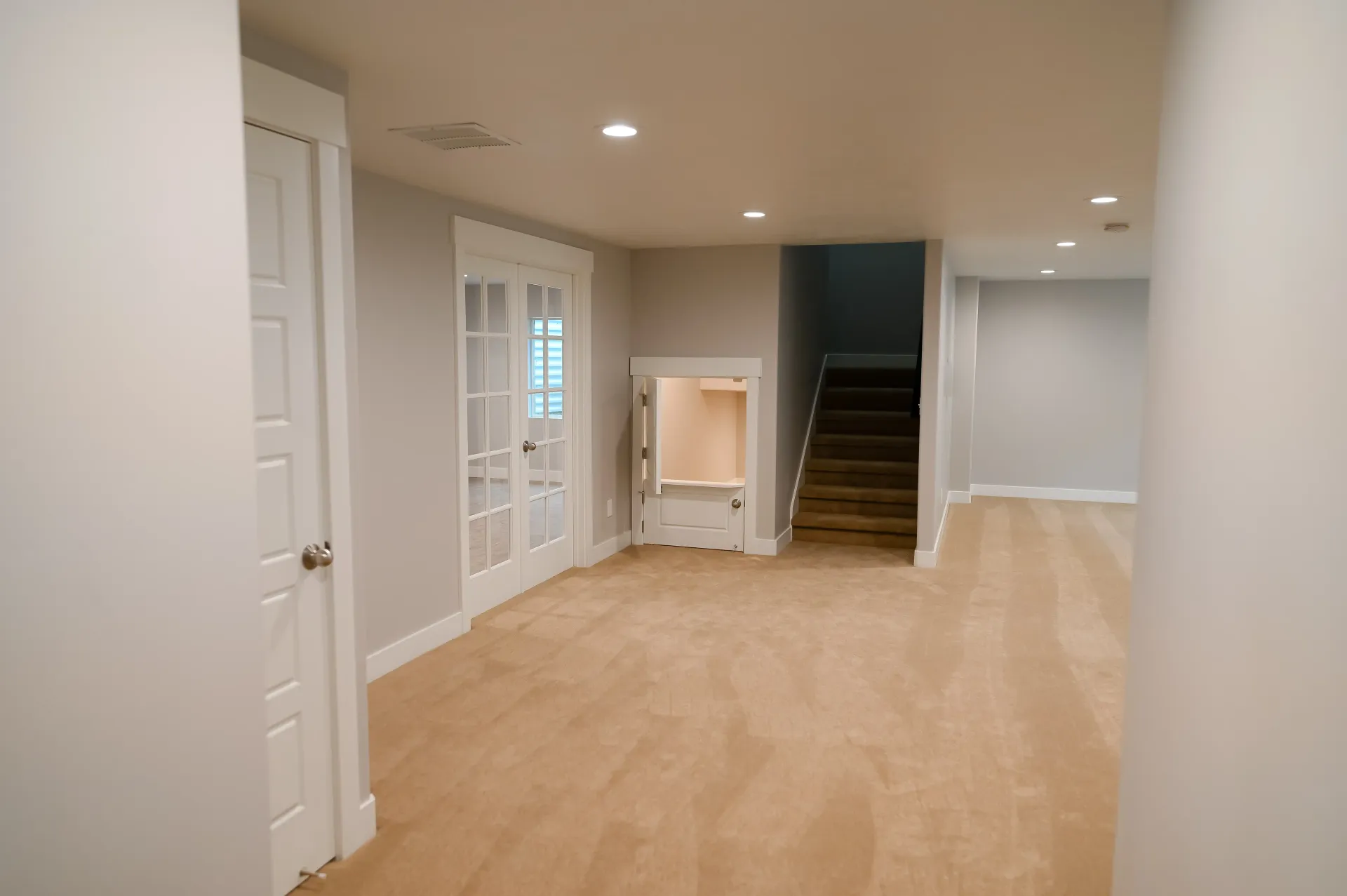How Long Do Home Additions Take?
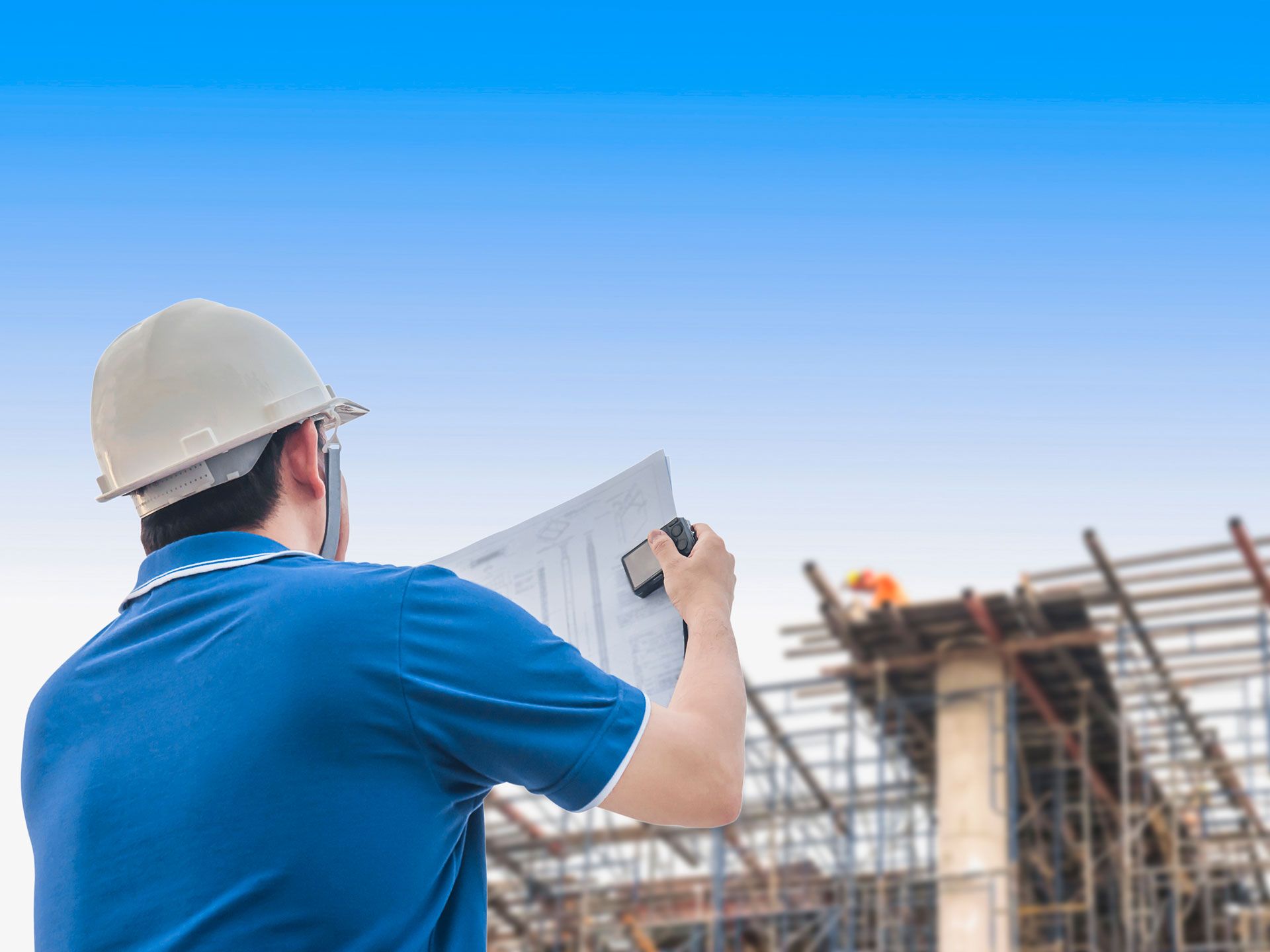
Adding more space to your home can be exciting and overwhelming. Whether you’re running out of room or simply want to improve your home’s layout, a well-planned addition can meet your needs and boost your property’s value. Many homeowners ask, how long do home additions take? The answer depends on several factors, but understanding the process can help you plan effectively and set realistic expectations.
What Is a Home Addition?
A home addition is a construction project designed to expand your living space. Additions come in many forms, from single-room expansions and bump-outs to more complex projects like second-story additions. Each option serves a different purpose, whether it’s creating a larger kitchen, adding a guest suite, or designing a new family room.
Understanding the potential timeline of a home addition is crucial. A clear schedule not only helps you plan your daily life during construction but also keeps your budget on track. By knowing what to expect, you can prepare for the project’s impact and make informed decisions every step of the way.
Planning Your Home Addition
The planning phase sets the foundation for a successful project. Start by identifying your goals: Do you need more bedrooms, a larger living area, or a functional workspace? Next, determine a realistic budget that includes design, materials, and labor costs. Partnering with a skilled contractor early in the process can help you refine your ideas and create a design that works for your space.
Weather can significantly affect construction timelines. Rain, snow, or extreme temperatures may delay outdoor work, such as foundation pouring or roofing. Additionally, factors like permit approvals, material availability, and your contractor’s schedule can all influence how long your project takes. Taking these into account during planning will help you build a more accurate timeline.
Understanding the Costs Involved
Home additions can vary widely in price depending on size, complexity, and materials. Costs generally include labor, building supplies, design fees, and permits. It’s also smart to set aside funds for unexpected expenses, as surprises can surface once construction begins.
When it comes to financing, homeowners often rely on options such as home equity loans, refinancing, or personal loans. Exploring these choices ahead of time ensures your project moves forward without financial stress.
Selecting the best home addition contractors can make a drastic difference. Review references, compare bids, and ensure your contractor has experience with additions similar to yours. The right professional will not only help you manage costs but also guide you through the process with transparency.
Legal and Permit Requirements
Before construction can begin, you’ll need to secure the proper permits. These may cover aspects such as electrical work, plumbing, and structural changes. Local building departments will review your plans to ensure they meet safety standards and code requirements.
Zoning laws can also influence your project. Some municipalities limit how close you can build to property lines or restrict the height of new structures. Understanding these rules early in the process prevents costly redesigns and delays down the line.
Keeping Your Project on Schedule
Even with careful planning, delays can occur. Common setbacks include slow permit approvals, supply chain disruptions, and unexpected structural issues. To minimize these risks, maintain open communication with your contractor and schedule regular progress updates.
Building flexibility into your timeline is another smart strategy. Setting aside extra time for potential setbacks keeps you prepared and reduces stress if the project takes longer than expected. A reliable contractor will also help you anticipate challenges and keep the work moving efficiently.
Bringing It All Together
Home additions are significant projects, but they don’t have to be overwhelming. Careful planning, an understanding of costs, and awareness of legal requirements create a solid foundation for success. Considering factors like weather, contractor availability, and material supply helps you manage expectations and avoid unnecessary delays.
Ultimately, the timeline for a home addition depends on the size and complexity of your project. At Bryant Construction, we specialize in guiding homeowners through every step of the process, from design and permits to construction and finishing, so your home addition is completed with quality craftsmanship and attention to detail.
